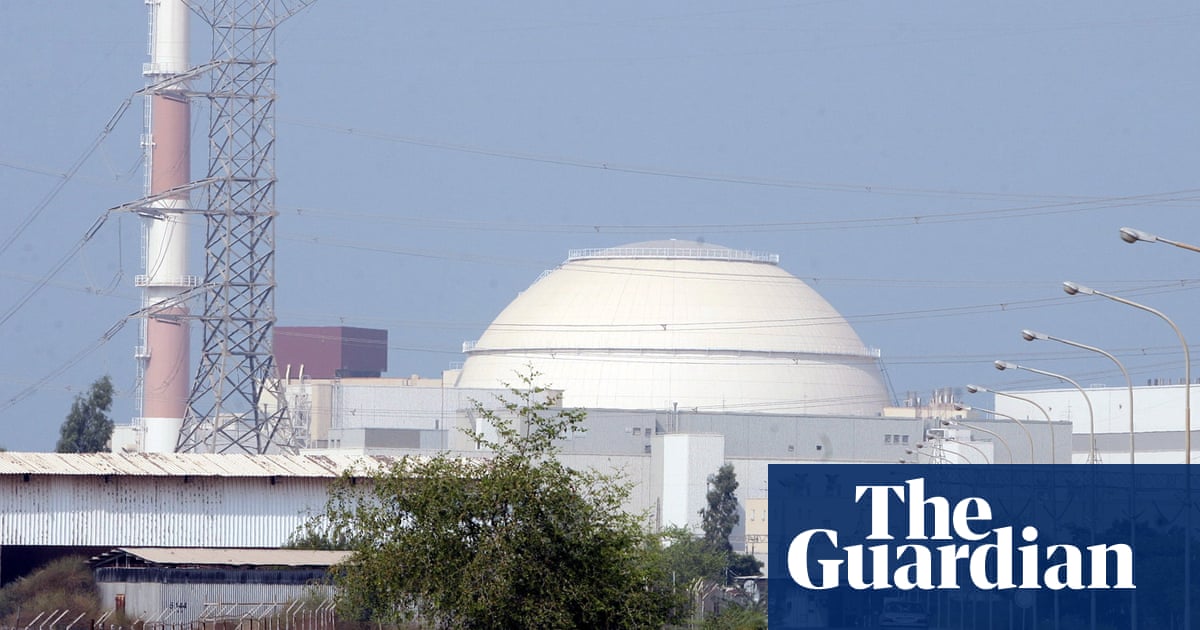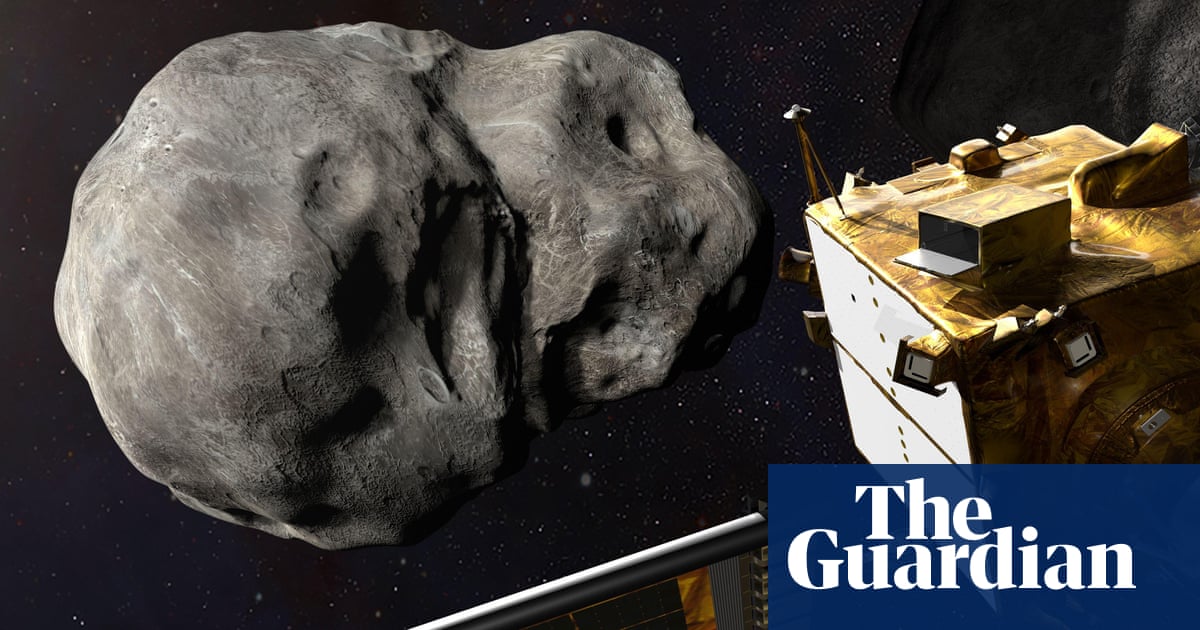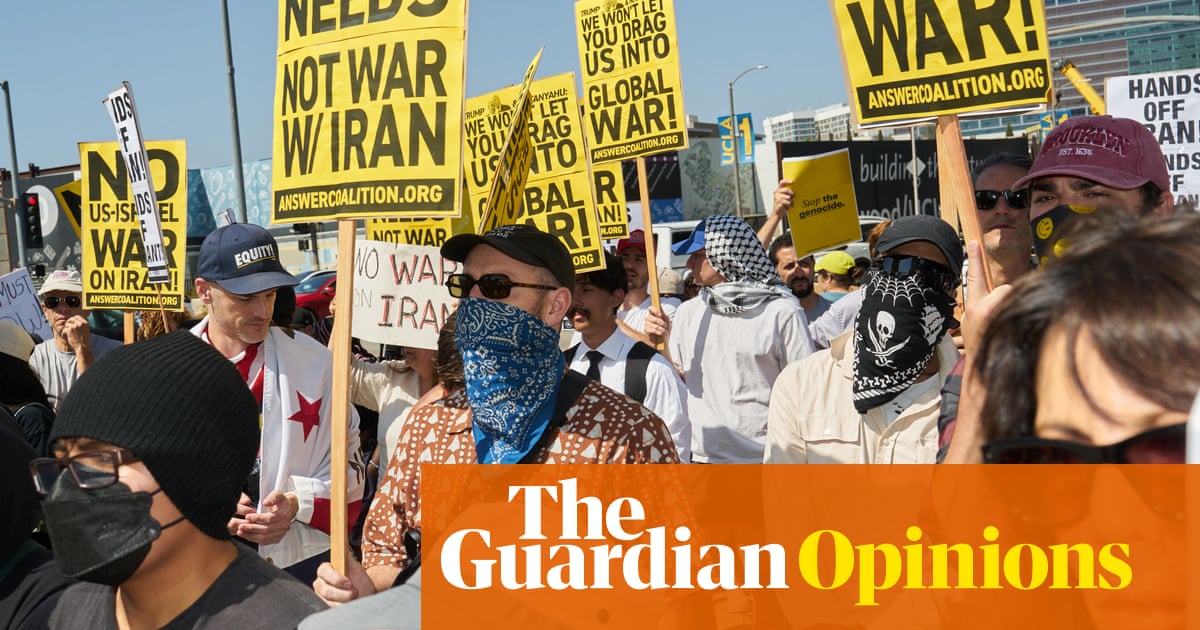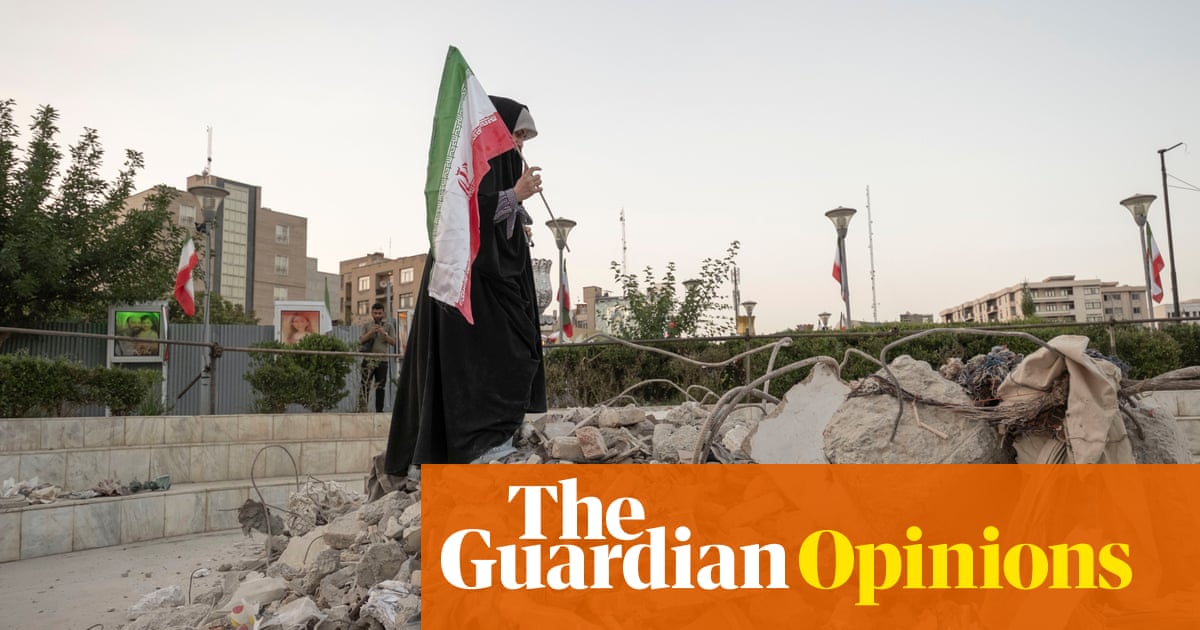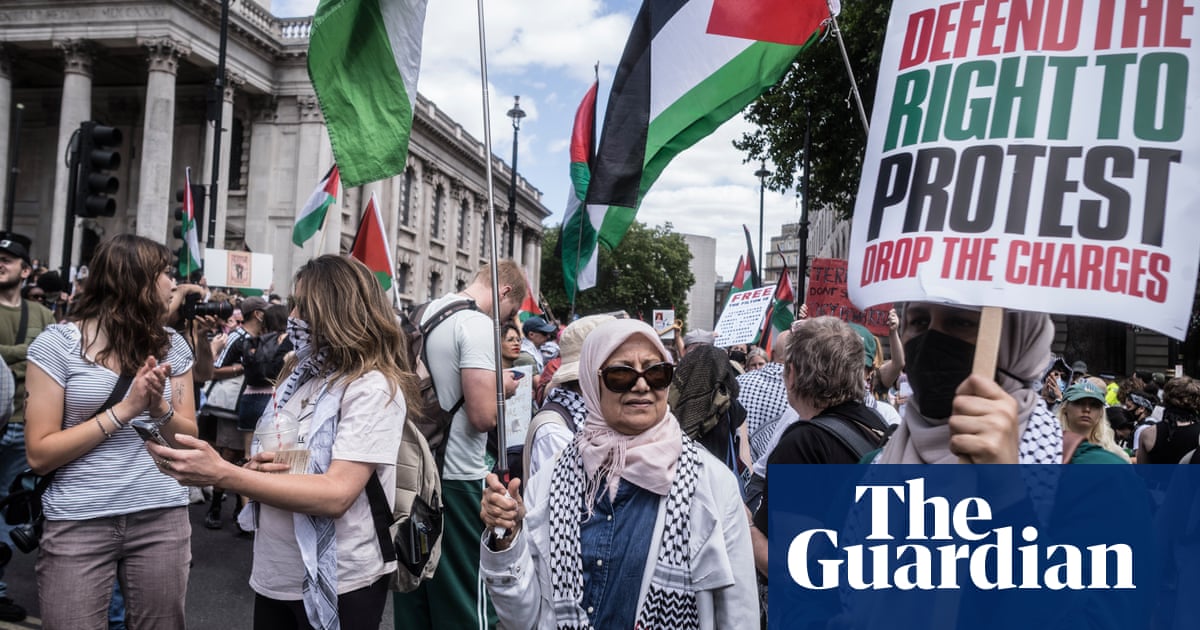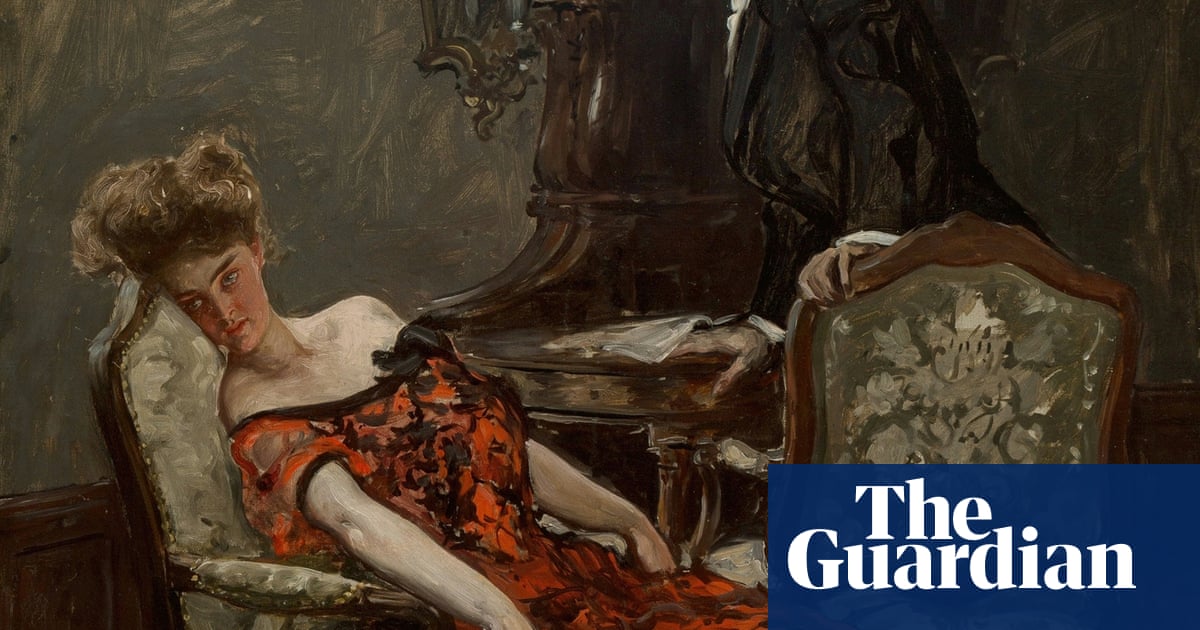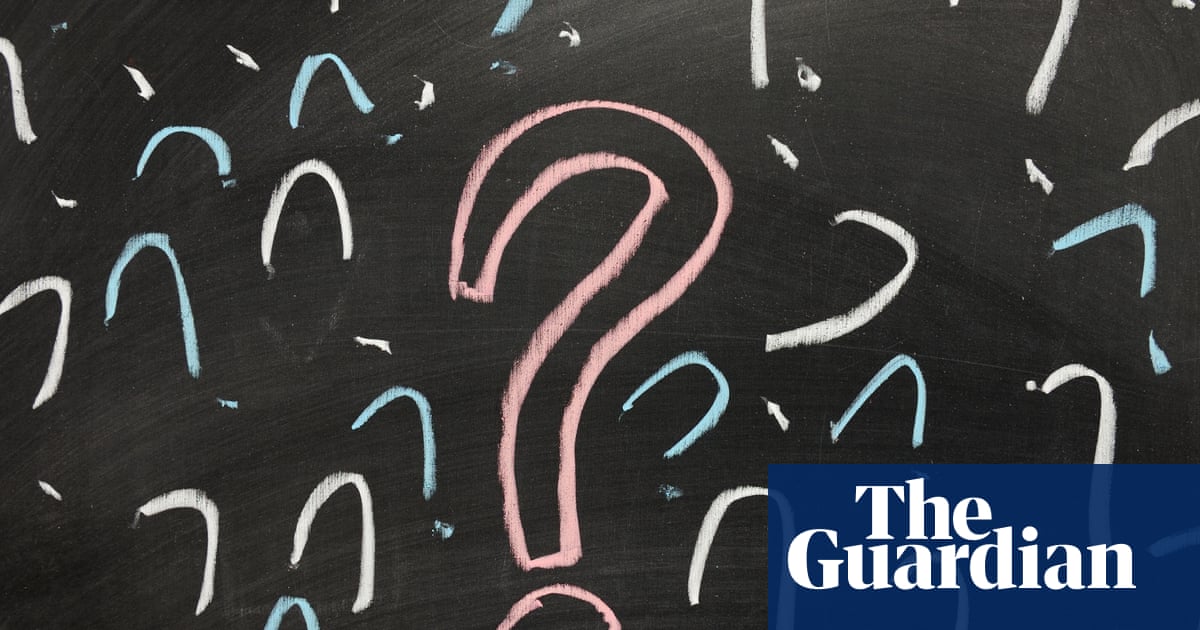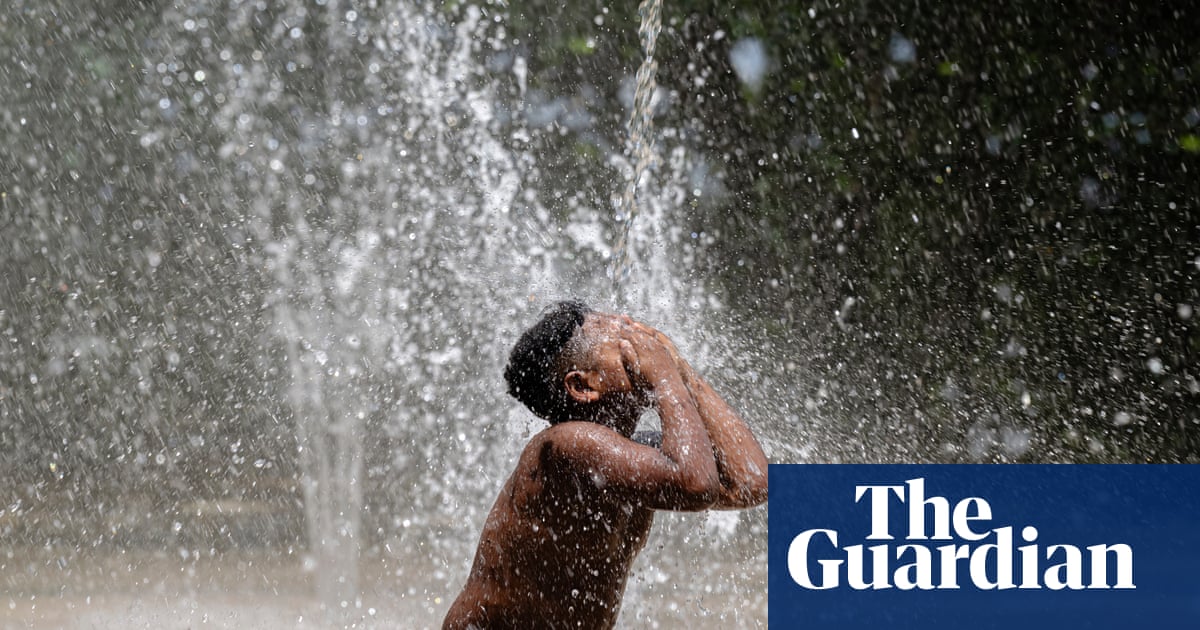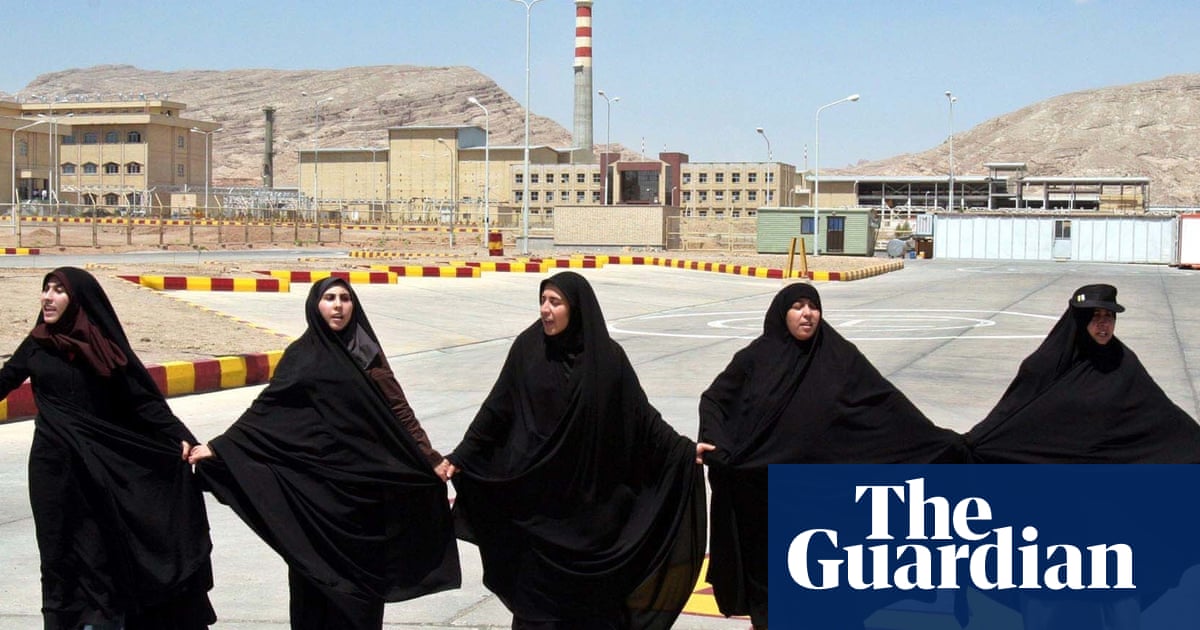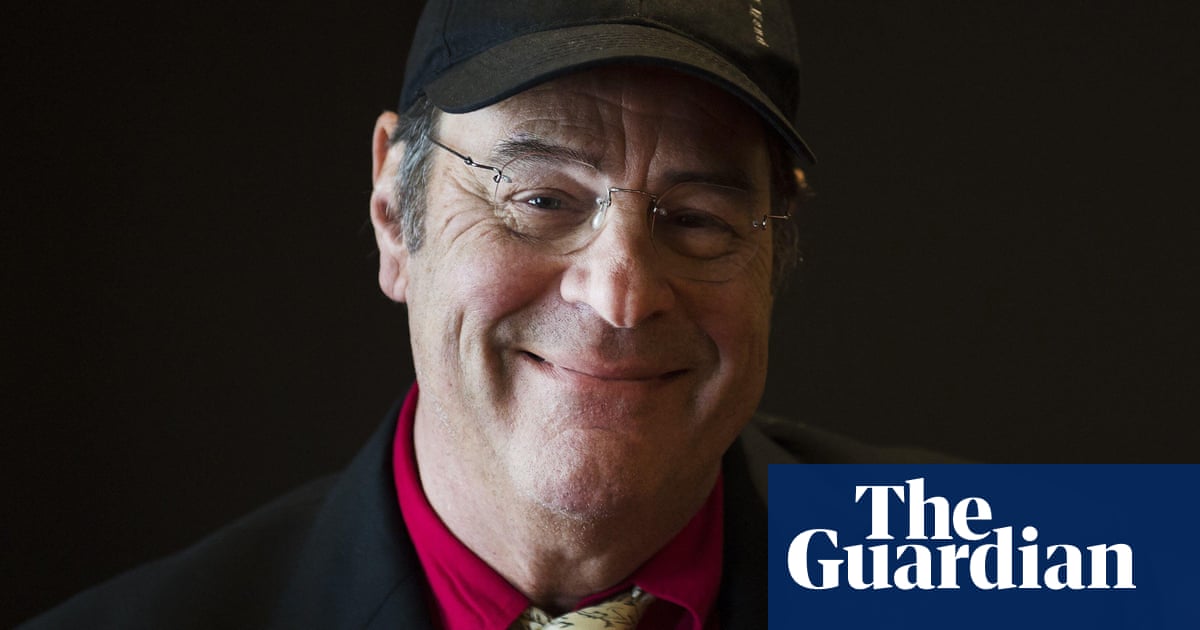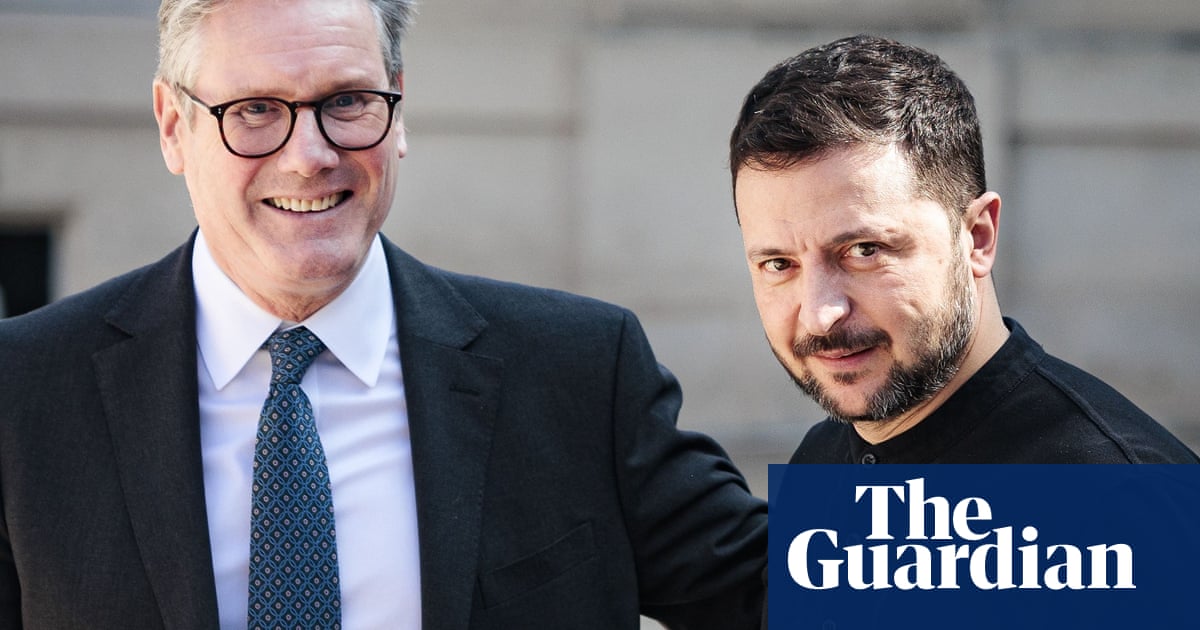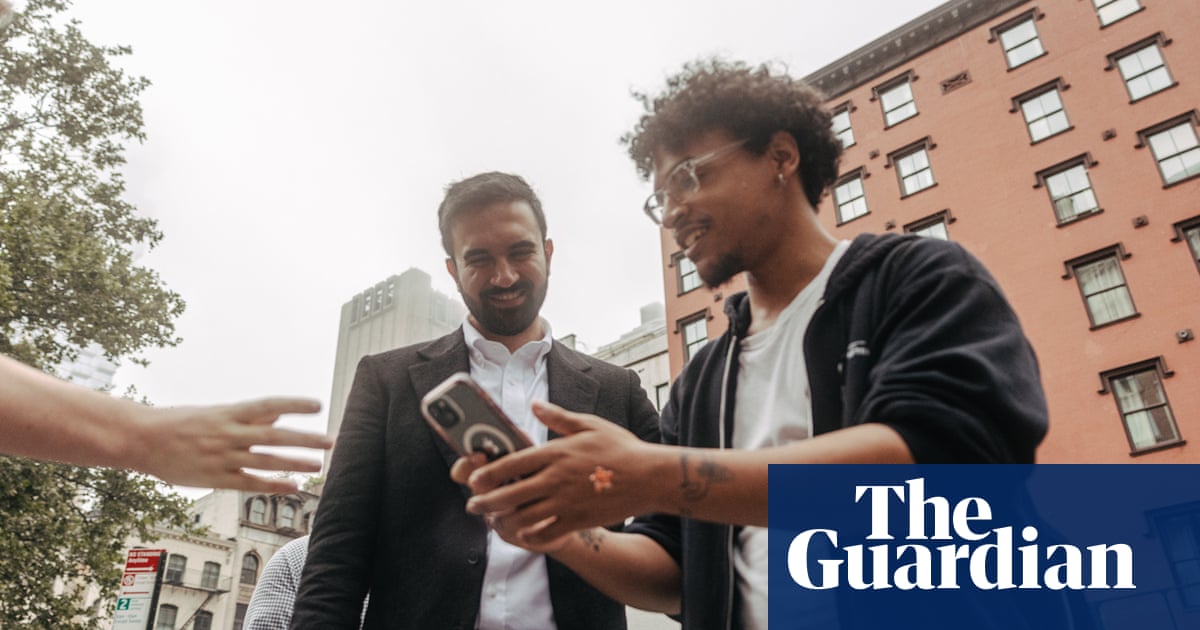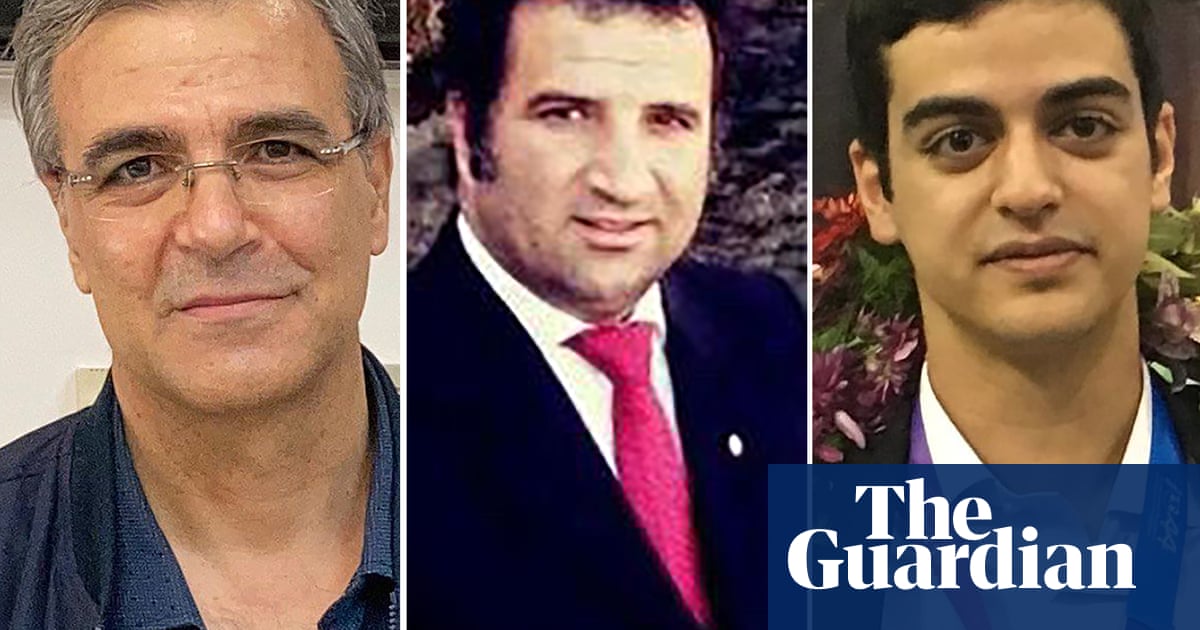On Tuesday 4 March, Donald Trump stood in the House of Representatives to issue a speech to a joint session of Congress, the first of his second term.
Near the beginning of what was to be a marathon address, the president declared: “I have stopped all government censorship and brought back free speech in America. It’s back.”
What Trump did not mention was that less than three weeks earlier he had barred Associated Press journalists from the Oval Office, because the news agency refused to use his preferred nomenclature for the Gulf of Mexico. He did not mention that he was waging lawsuits against ABC and CBS, nor that the man he appointed chair of the Federal Communications Commission had ordered a flurry of investigations into NBC News, NPR and PBS.
The president ignored entirely what has become an all out attack on the media and other institutions, something that media experts have described as a “broad, systematic assault” on free speech, a vendetta that threatens “the essential fundamental freedoms of a democracy”.
Since that speech the situation has only got worse. The anti-media rhetoric has ramped up from Trump officials, Trump has suggested some media groups should be “illegal”, funding has been cut from organisations like Voice of America and last week the White House lambasted journalist Jeffrey Goldberg and the Atlantic magazine for breaking a scoop about national security lapses on a Signal messaging app.
“Revenge is Trump’s number one motivation for anything in this second term of office, and he believes he has been treated unfairly by the media, and he is going to strike out against those in the media who he considers his enemies,” said Bill Press, a longtime liberal political commentator and host of The Bill Press Pod.
“He’s going in the direction of really curtailing the freedom of the press, following the pattern of every autocrat ever on the planet: they need to shut down a free and independent press in order to get away with their unlimited use of power.”
Trump was critical of the media in his first term. But as Press pointed out, that was more verbal attacks: the never-ending accusations of “fake news”, the encouragement of anti-CNN chants at rallies. Two months into Trump’s second term, he has already taken it further. Associated Press, one of the world’s premier news agencies which is relied upon by thousands of news outlets, remains banned from the Oval Office and Air Force one: the president angered by the agency’s refusal to use the term “Gulf of America” to refer to the Gulf of Mexico.
Trump is suing the owner of CBS News for $10bn, alleging the channel selectively edited an interview with Kamala Harris, which the network denies, and the Des Moines Register newspaper, which he accuses of “election interference” over a poll from before the election that showed Kamala Harris leading Trump in Iowa.
The FCC investigations, led by the hardline Trump appointee and Project 2025 author Brendan Carr, are ongoing, while in February Trump ejected a HuffPost reporter from the press pool – which refers to a rotating group of reporters allowed close access to the White House – and denied reporters from the news agency Reuters access to a cabinet meeting.
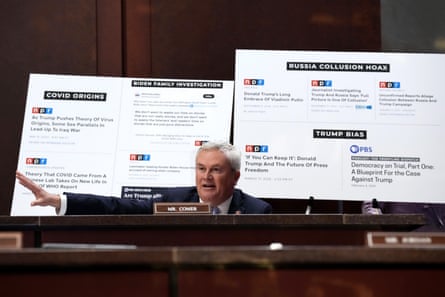
At various times Trump and rightwing groups have accused each of the outlets of bias or of presenting negative coverage of his presidency. By contrast, the White House has allowed rightwing news outlets, including Real America’s Voice and Blaze Media and Newsmax, to be included in the press pool.
“It’s designed to shut down criticism, and I think that the danger of that is that there is this effort to make it look like everyone approves of the government and of the Trump administration,” said Katie Fallow, deputy litigation director at the Knight First Amendment Institute, a non-profit which seeks to preserve and advance first amendment freedom rights.
“It’s a threat to the ability of the of the press to critically cover the president, but perhaps more importantly, the function of the press is to inform the public about the workings of government, and allow the public to decide whether or not it wants to vote for these people again, or whether it approves. And so it’s more than just its effect on the media, its effect on the general public.”
In recent days the Trump administration’s attack-the-media playbook has been on show in the way senior officials have sought to discredit Goldberg, the editor in chief of the Atlantic who was invited into a secret Signal group where a coming US attack on Yemen’s Houthi militia was being discussed.
The defense secretary, Pete Hegseth, the national security adviser, Mike Waltz, and Trump himself have criticized Goldberg: Waltz described him as “the bottom scum of journalists”, while Trump called the reporting “a witch-hunt” and described the Atlantic as a “failed magazine”.
Trump has also appeared to flirt with using law enforcement to target the media, including a speech to federal law enforcement officials in March. “As the chief law enforcement officer in our country, I will insist upon and demand full and complete accountability for the wrongs and abuses that have occurred,” Trump said.
after newsletter promotion
He disparaged certain lawyers and non-profits, before later adding: “The Washington Post, The Wall Street Journal and MSDNC, and the fake news, CNN and ABC, CBS and NBC, they’ll write whatever they say.”
Trump continued: “It’s totally illegal what they do,” adding: “I just hope you can all watch for it, but it’s totally illegal.”
The war on free speech has not just been limited to the media. Trump’s efforts have increasingly also focussed on areas including education, law and charitable organizations, as the government seeks to bring key aspects of society into line.
“You have to look at this as part of a broad, systematic assault that the president and his administration have been waging since he returned to office on every other power center that impacts politics in any way,” said Matthew Gertz, a senior fellow at Media Matters, a watchdog group.
“All the sort of liberal, civil society institutions: big law firms, universities, the government itself, the courts and the press have come under fire, and as part of that, we have this really unprecedented multifront attack on media institutions.”
Trump has been aided in this endeavor by the owners of some media organizations. Jeff Bezos, the Amazon co-founder and owner of the Washington Post, pulled an editorial endorsing Kamala Harris during the campaign and recently overhauled the newspaper’s opinion pages.
Amazon donated a million dollars to Trump’s inauguration, and Bezos’ space company Blue Origin competes for federal government contracts. Patrick Soon-Shiong, the billionaire owner of the Los Angeles Times, also blocked the newspaper from endorsing Harris, while Mark Zuckerberg dismantled Facebook’s factchecking network after Trump won the presidency. (Like Bezos, Zuckerberg donated to, and attended, Trump’s inauguration.)
“What makes the situation so worrying is that for the last several years, Donald Trump himself and the leading lights of the rightwing media and political movement: from Tucker Carlson to Kevin Roberts at the Heritage Foundation, have cited as their exemplar Viktor Orbán of Hungary. That’s what they want to accomplish,” Gertz said.
“And what Orbán did with the press was squeeze different media corporation owners until they agreed to either make their press more palatable to him, or sell their outlets to someone who would. I think that is basically, by their own admission, what the Trump administration is trying to bring about in this country.
“I think the hope is that we have more guardrails than Hungary did to prevent that from happening. But it’s unnerving that the president of the United States is trying to follow in those footsteps.”

 2 months ago
49
2 months ago
49
